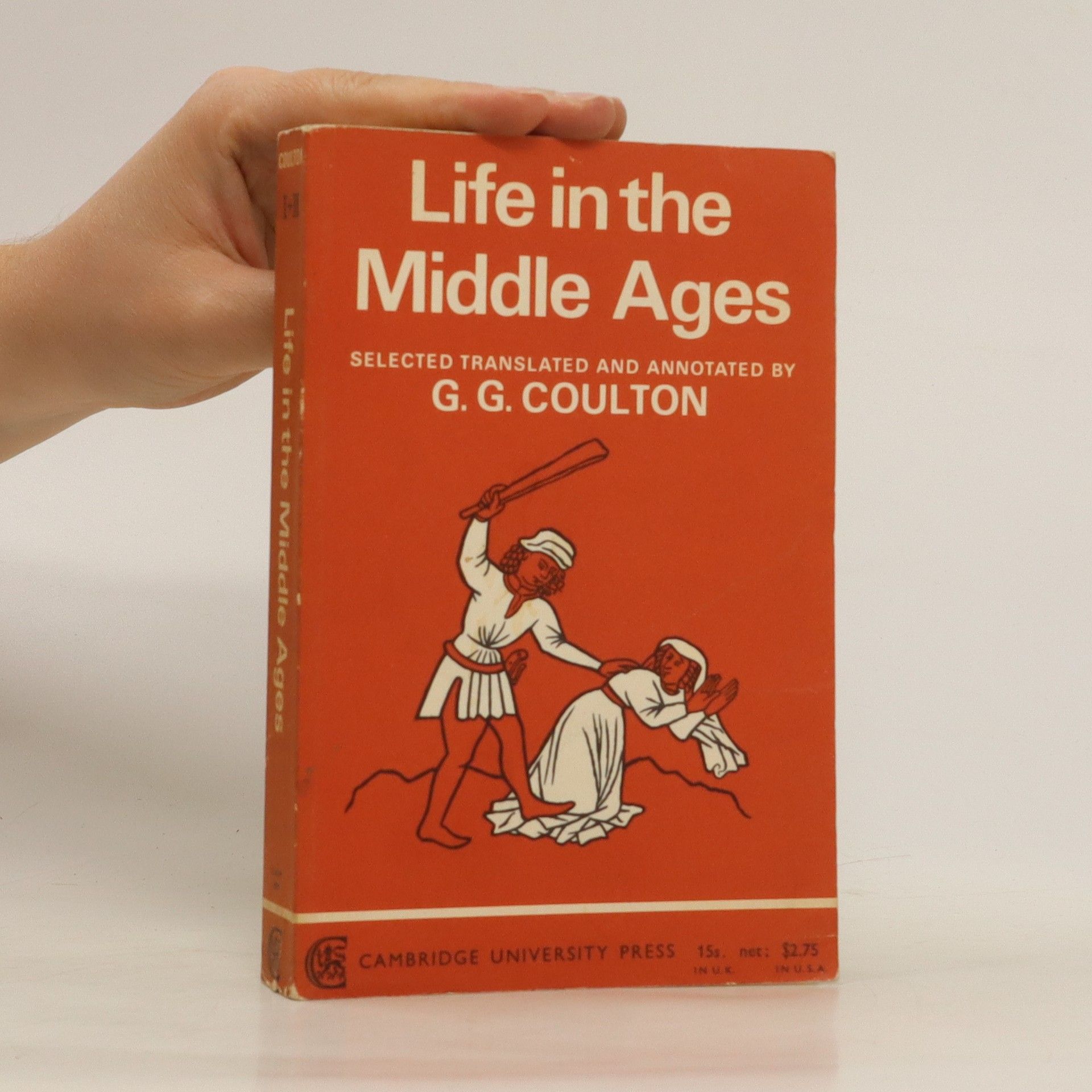G. G. Coulton Books
George Gordon Coulton established himself through his rigorous dedication to historical accuracy, particularly in his scholarship on the medieval period. His work was characterized by deep engagement with primary sources and often focused on the social and economic dimensions of medieval society. Coulton fearlessly engaged in controversy with those he deemed historically inaccurate, insisting that contemporary, accurately cited sources were the cornerstone of historical study. Beyond his combative reputation, he is remembered for his extensive scholarship that broadened the scope of medieval studies. He also sought to bring his learning to a wider audience, being a clear and lucid writer.




